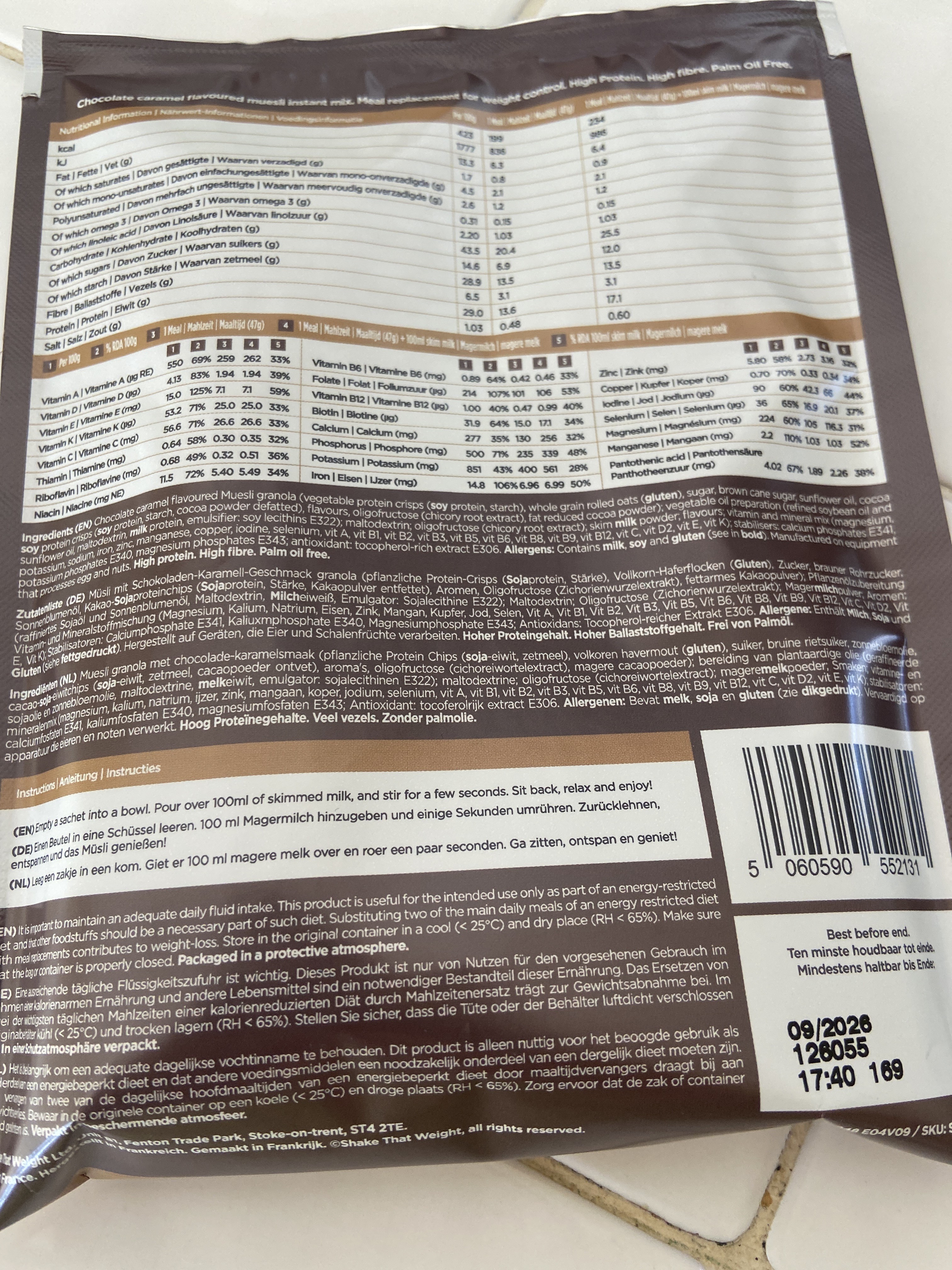
Dealing with Unsupportive Family and Friends on Your Meal Replacement Diet
Undertaking a meal replacement diet, can be a transformative step towards achieving your health goals. However, navigating the reactions of family and friends who may not understand your choices can sometimes be challenging. If your loved ones are pushing you to eat takeout, questioning your need to diet, or dismissing your diet as not "real food," it’s important to communicate effectively and maintain positivity. Here’s how to handle such situations gracefully and stay committed to your dietary plan.
Understanding Their Concerns
Before addressing unsupportive comments, it’s helpful to understand where they’re coming from. Often, family and friends express concern or skepticism because they care about your well-being. They might see traditional food as healthier or more satisfying, or they may be worried about the perceived constraints of diet plans. Recognizing their intentions can help you approach the conversation from a place of empathy and calmness.
Communicate Your Goals
Initiate an Open Dialogue: Share your health and wellness goals with your family and friends. Explain why you’ve chosen a meal replacement diet, highlighting how it aligns with your health objectives or lifestyle. Make it clear that it’s a personal choice that you’re committed to.
Educate Them: Take the opportunity to educate your loved ones about how meal replacement diets work and their benefits. Discuss how these plans, when formulated correctly, are nutritionally balanced and can serve as a solid foundation for weight loss or management.
Share Your Progress: Show them the progress you’ve made so far, whether it’s feeling more energetic, losing weight, or other health improvements. Concrete examples can help reinforce the effectiveness and suitability of your choice.
Respectfully Assert Your Choices
Be Firm but Polite: If someone insists you don’t need to diet or refers to it as "not real food," let them know you appreciate their concern but kindly assert your decision. A statement like “I appreciate your concern, but this is what works best for me right now” can be effective.
Establish Boundaries: Politely establish boundaries with consistent detractors. Let them know that while you value their opinions, you are asking for their respect in supporting your personal choices.
Stay Positive and Committed
Find Support Elsewhere: If certain friends or family members remain unsupportive, seek encouragement from others who understand your journey. Online communities such as the Shake That Weight support group, or even friends following similar diets can provide the motivation and support you need.
Focus on Your Motivation: Constantly remind yourself of why you started this journey. Keep track of your milestones and celebrate small victories to keep your motivation high.
Practice Self-Care: Engage in activities that enhance your well-being beyond diet and exercise, such as meditation, reading, or hobbies. Maintaining a holistic approach to health can help reinforce your commitment and confidence in your lifestyle choices.
Conclusion
Dealing with unsupportive family and friends can be a difficult aspect of following a meal replacement diet, but it's manageable through clear communication and positive thinking. By educating your loved ones, setting firm boundaries, and staying focused on your goals, you can navigate these challenges while maintaining the supportive relationships that matter most. Ultimately, your weight loss journey is about what works best for you, and standing by your decisions with confidence will lead to lasting success.
#EnjoyTheJourney


Vanilla Shake
Original price was: £1.95.£1.36Current price is: £1.36.

Strawberry Shake
Original price was: £1.95.£1.36Current price is: £1.36.

Banana Shake
Original price was: £1.95.£1.36Current price is: £1.36.











